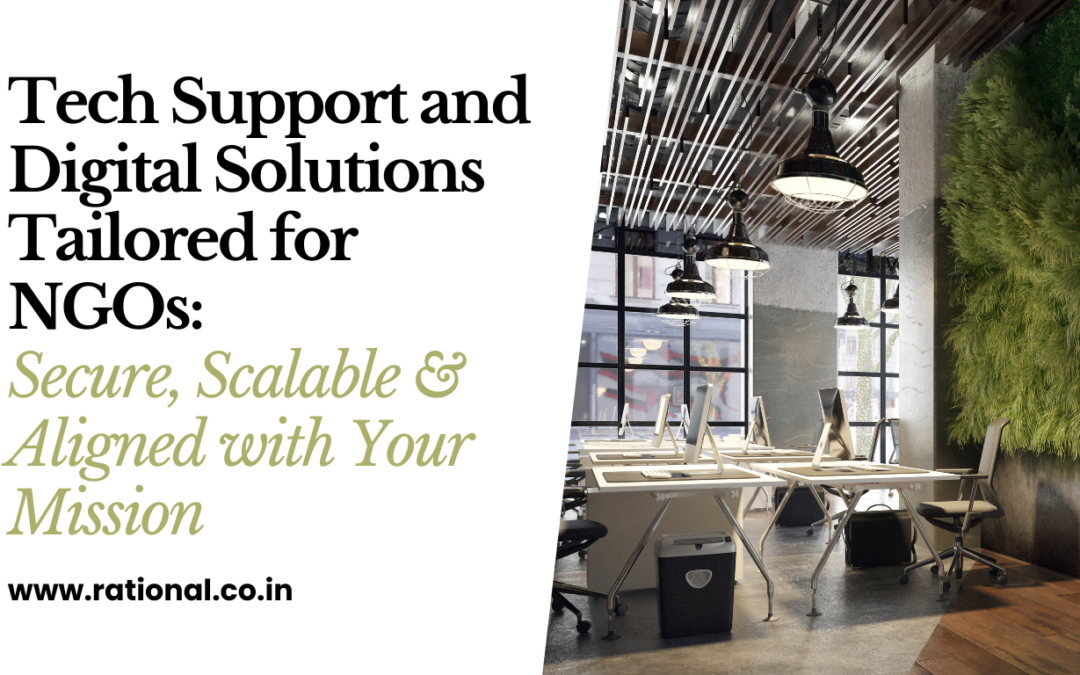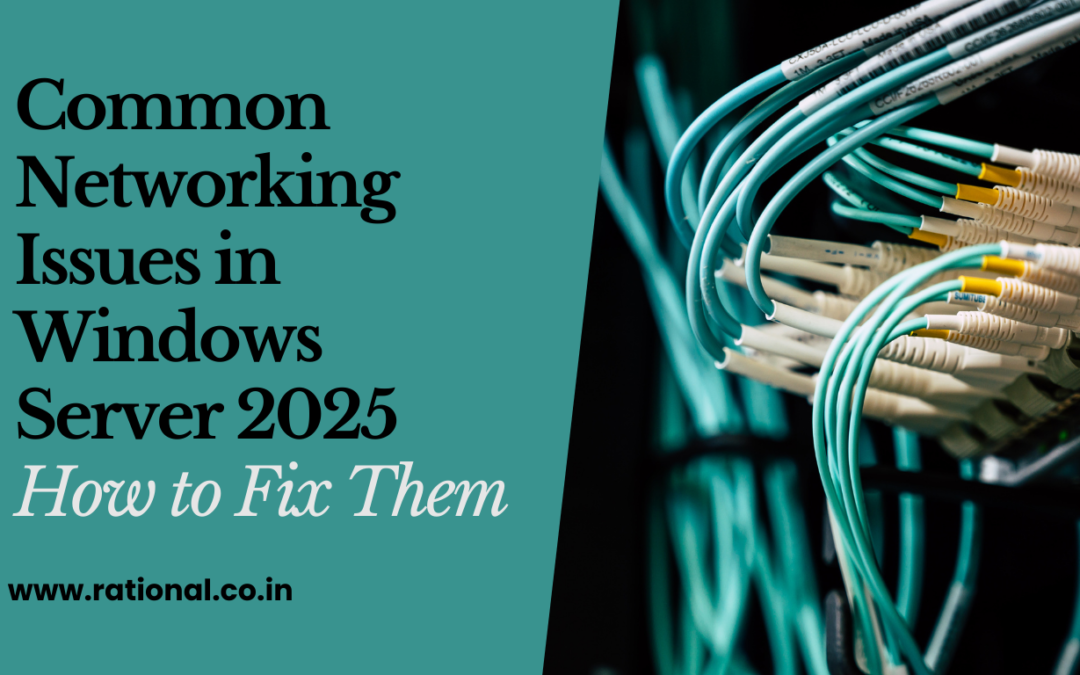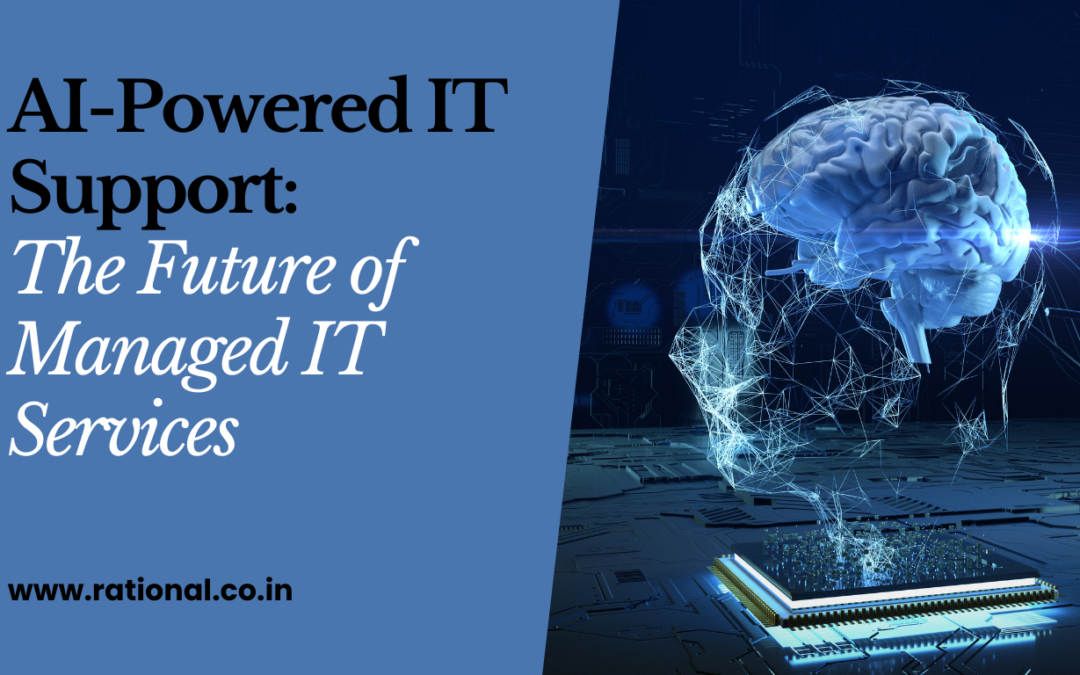The global climate crisis demands swift and decisive action from all sectors of society, and the IT industry is no exception. As a major driver of innovation and technological advancement, the IT sector has a significant role to play in achieving a net-zero carbon emissions future. In this blog, we will explore the various ways in which the IT industry can contribute to a sustainable, net-zero world.
Energy Efficiency:
- Data Center Optimization: Data centers are notorious for their high energy consumption. IT companies can invest in advanced cooling technologies, server virtualization, and energy-efficient hardware to reduce energy use in data centers.
- Renewable Energy: Transitioning to renewable energy sources like solar and wind power for data centers can significantly reduce carbon emissions. Many tech giants have committed to sourcing 100% renewable energy for their operations.
Sustainable Hardware:
- Recycled Materials: Using recycled materials in manufacturing can lower the carbon footprint of hardware products.
- Modular Design: Designing hardware with modular components allows for easier upgrades and repairs, extending the lifespan of devices and reducing electronic waste.
Remote Work and Telecommuting:
- Reduced Commuting: Remote work reduces the need for daily commutes, leading to lower carbon emissions from transportation.
- Decentralized Workforce: Remote work allows companies to hire talent from diverse geographical locations, reducing the need for large office spaces and associated energy consumption.
Cloud Computing:
- Resource Optimization: Cloud providers optimize resource usage through virtualization and load balancing, which reduces the number of physical servers required and, in turn, energy consumption.
- Green Data Centers: Many cloud providers invest in green data centers powered by renewable energy sources, such as wind and solar.
Sustainable Software Development:
- Energy-Efficient Code: Developers can write code that minimizes energy consumption by optimizing algorithms, reducing unnecessary background processes, and improving code efficiency.
- Eco-friendly Features: Developing software solutions that encourage environmentally friendly behavior, such as energy-saving settings or carbon footprint tracking, can further contribute to sustainability.
IoT and Smart Technologies:
- Resource Optimization: IoT devices and smart technologies can optimize resource usage in various industries, such as agriculture, manufacturing, and transportation, by monitoring and controlling processes more efficiently.
- Reducing Waste: IoT sensors can help businesses track and reduce waste, whether in the supply chain or during manufacturing processes, leading to lower emissions.
Data Analytics for Sustainability:
- Emission Tracking: Big data analytics can help organizations track their carbon emissions more accurately and identify areas for improvement.
- Predictive Analysis: Advanced analytics can predict energy usage patterns, allowing companies to optimize their operations and reduce energy waste.
Collaboration and Knowledge Sharing:
- Industry Partnerships: Collaboration among IT companies, industry associations, and government bodies can lead to the development of sustainability standards and best practices.
- Open-Source Initiatives: Open-source communities can create and share sustainable software solutions, fostering innovation in green technologies.
The IT industry is uniquely positioned to drive change and contribute to a net-zero carbon emissions future. By prioritizing energy efficiency, sustainable hardware, remote work, cloud computing, green software development, IoT, data analytics, and collaboration, the IT sector can lead the way in addressing the global climate crisis. It is imperative that companies, organizations, and individuals within the IT industry recognize their responsibility and work collectively towards a sustainable and environmentally friendly future. By doing so, they can make a significant impact and set an example for other industries to follow in the journey towards net zero.






